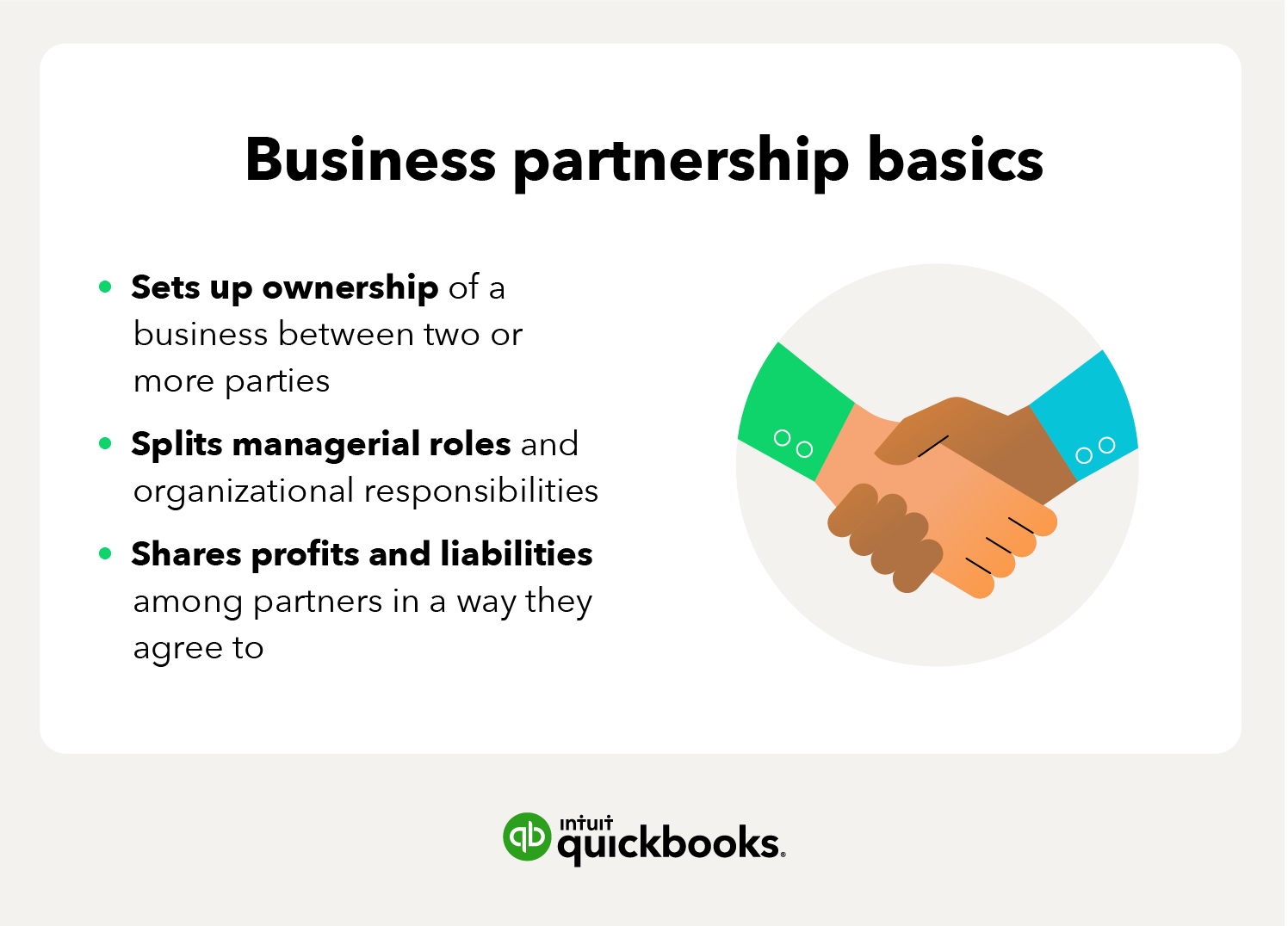How To Make A Business Partnership Work

Business partnerships can be lucrative but also fraught with peril. The key to success lies in meticulous planning and open communication.
This article distills the essential elements for forging a successful and enduring business partnership, providing immediate and actionable insights.
Lay the Groundwork: Before You Shake Hands
Due diligence is paramount. Thoroughly vet potential partners to understand their skills, experience, and financial stability.
According to a Forbes article, almost 50% of partnerships fail within the first five years due to a lack of alignment.
Define roles and responsibilities clearly. Avoid ambiguity that can breed conflict later on.
The Partnership Agreement: Your Business Bible
A comprehensive partnership agreement is non-negotiable. Include details on capital contributions, profit sharing, and decision-making processes.
Address exit strategies upfront. What happens if one partner wants to leave? Outline the procedures for buyout or dissolution.
The agreement should also specify dispute resolution mechanisms. Mediation or arbitration can be less costly than litigation.
Communication is King: Keeping the Partnership Alive
Establish regular communication channels. Frequent meetings, both formal and informal, are crucial.
Embrace transparency in all dealings. Share financial information openly and honestly.
Actively listen to your partner's concerns and perspectives. Address disagreements promptly and constructively.
Financial Transparency: Avoiding the Money Pit
Maintain separate business and personal accounts. This is crucial for accurate financial tracking and compliance.
Implement robust accounting practices. Consider hiring a professional accountant to manage your finances.
Regularly review financial statements together. Discuss performance and identify areas for improvement.
Decision-Making: Shared Control, Shared Responsibility
Establish a clear decision-making process. How will disagreements be resolved? Who has the final say on major issues?
Consider a voting system or a designated "tie-breaker." This ensures decisions can be made efficiently.
Respect each other's expertise and opinions. Value diverse perspectives for better decision-making.
Exit Strategies: Planning for the Inevitable
Every partnership should have a pre-defined exit strategy. This outlines what happens if a partner dies, becomes disabled, or wants to leave the business.
A buy-sell agreement specifies how a partner's share will be valued and purchased.
Secure adequate life and disability insurance. This can provide financial protection for the remaining partners.
Legal Counsel: Don't Go It Alone
Engage legal counsel experienced in partnership law. An attorney can help you draft a comprehensive partnership agreement.
Seek legal advice before making major decisions. This can help you avoid costly mistakes.
Regularly review your partnership agreement with your attorney. Ensure it reflects current laws and your business needs.
Conflict Resolution: Navigating the Storms
Disagreements are inevitable in any partnership. Establish a process for resolving conflicts constructively.
Mediation can be a valuable tool for resolving disputes. A neutral third party can help you find common ground.
Avoid letting conflicts fester. Address them promptly and professionally.
Ongoing Development: Keeping the Partnership Strong
Regularly evaluate the partnership's performance. Are you meeting your goals? Are you both satisfied with the arrangement?
Invest in professional development. Stay current on industry trends and best practices.
Revisit and revise your partnership agreement as needed. Ensure it remains relevant and effective.
A successful business partnership requires continuous effort and commitment. By following these guidelines, you can increase your chances of building a thriving and lasting business.


















